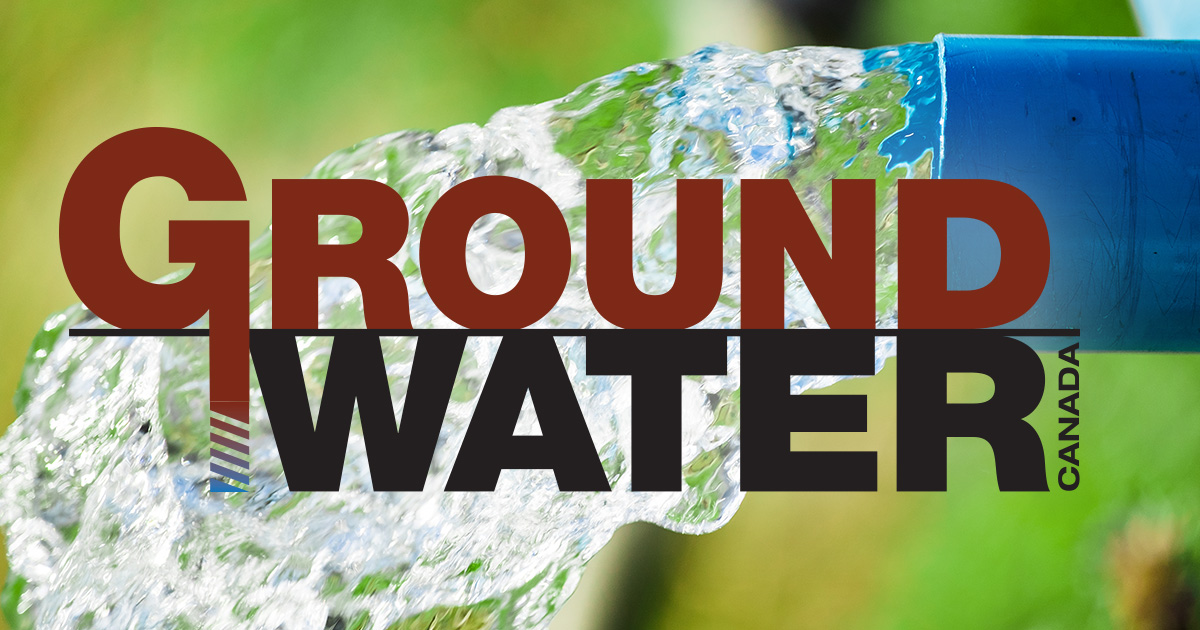
Features
Strategies & Innovations
Guelph embarks on project to better understand bedrock flow system near quarry
City relies almost entirely on groundwater for its water supply
December 5, 2023 By Ground Water Canada

Guelph, Ont. – The city has begun a new project with Morwick G360 to better understand the bedrock flow system near the Dolime Quarry.
The NSERC Alliance project is led by the Morwick G360 Groundwater Research Institute at the University of Guelph, in collaboration with the City of Guelph, AECOM, WSP (Formerly Golder Associates), Solinst, and Aardvark Drilling. It is part of the city’s larger Operational Testing Program around the quarry.
Guelph relies almost exclusively on groundwater for its municipal water supply, but rapid growth in population and industry are placing higher demands on the local dolostone aquifer. Part of the city’s strategy to meet this demand involves increasing the pumping rates of certain existing supply wells if feasible. This requires a detailed understanding of the bedrock aquifer, and potential risks associated with the increased pumping rates in terms of water quantity and quality.
One area requiring more information includes the flow system around the Dolime Quarry, which is a large bedrock excavation situated near the western edge of the city. The bedrock quarry has operated for more than 150 years, providing important building material and local jobs, but the quarrying process dug deep into the ground where the aquitard lies, raising concerns about the potential for future impacts to the aquifer that provides Guelph’s drinking water.
The city has initiated a multi-year program to assess the flow system and pumping responses around the quarry to help maximize supply while mitigating potential risk to groundwater quality by maintaining a groundwater divide between the quarry and the supply wells. To complement this study, the collaborative partnership led by the Morwick G360 Institute under the NSERC Alliance Grant aims to accomplish the following objectives:
• Improve the understanding of lithostratigraphy and hydrostratigraphy of the area by examining rock core and surface outcrops, borehole geophysics and hydraulic responses in high-resolution hydraulic head profiles;
• Quantify bedrock aquifer heterogeneity, anisotropy, and preferential flow pathways through detailed fracture mapping, hydrogeophysical methods and hydraulic testing; and,
• Guide the management of groundwater resources and pumping regimes to reduce the vulnerability of supply wells to contaminants.
This project makes use of many innovative and high-resolution field methods, many of which have been developed at the Morwick G360 Institute. These datasets will be collected in eight new boreholes drilled within and around the quarry, six of which have been drilled and two scheduled to be drilled in fall of 2023.
G360 multilevel monitoring wells have been installed in the six existing boreholes, each equipped with telemetry systems to provide real-time head data to guide the pumping regimes. Presently, large-scale pumping tests led by the City are underway using the municipal supply wells. The project will also involve hands-on research and education for several graduate students as they train to become future groundwater professionals.
Click here to link to the original article.
Print this page